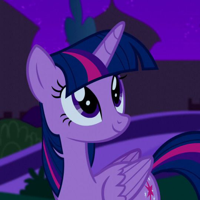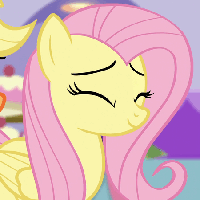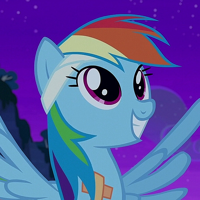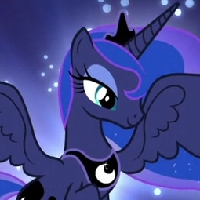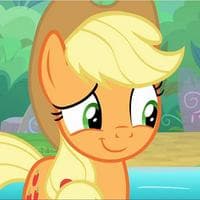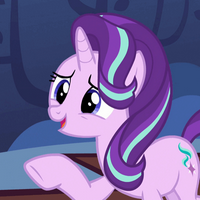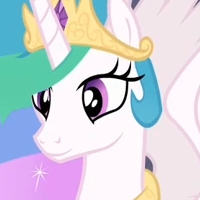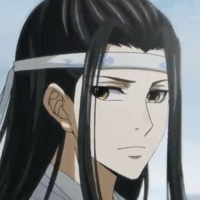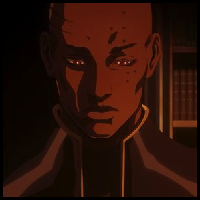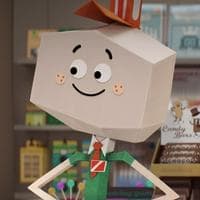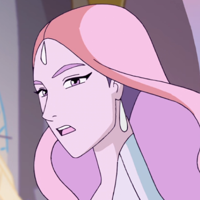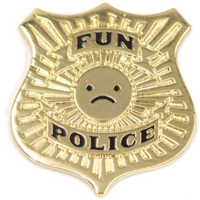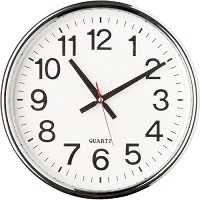Twilight Sparkle MBTI 성격 유형
인격
"Twilight Sparkle은 어떤 성격 유형입니까? Twilight Sparkle은 mbti의 ISTJ 성격 유형입니다. enneagram의 1w2 - so/sp - 153, big 5의 RLOAI, socionics의 LSI입니다."
Big IxxJ energy - she is TERRIFIED when things get out of control. I don't think she has Fe, it is more Te thing. She is really logical and productive but when things get out of control she switch to Fi and she panics so much that no Te arguments come to her mind, typical for IxTJ. I'm not sure if she's Si or Ni dom tough but I see more of Si dom and Ne inferior energy. I think she lives now, her plans are often based on immediate future (whereas Ni dom users would more likely have a plan even years ahead) and she has great logistic skills that Si dom users have. Her having Se inferior doesn't sit right with me. I don't think she is that much out of touch with reality - when she is it is more like going into Si-Fi loop when she can't see reality as a whole because she's obsessed about some details. And I can see how she could have Ne inferior then - she have a problem with seeing a bigger picture.
전기
The bearer of the Element of Magic. The protagonist of the series, a unicorn (who later becomes an alicorn) from Canterlot who serves as Princess Celestia's apprentice, and the eventual successor of Celestia and Luna. She's less than thrilled at first about the suggestion that she should try making friends but naturally winds up giving it a shot. She has a natural talent for Magic that goes far beyond what most unicorns are capable of. She's also very intelligent, levelheaded, and organized, making her a great unofficial leader for the Mane Six. However, her neuroses sometimes cause problems. Her Pillar of Old Equestria is Starswirl the Bearded.
